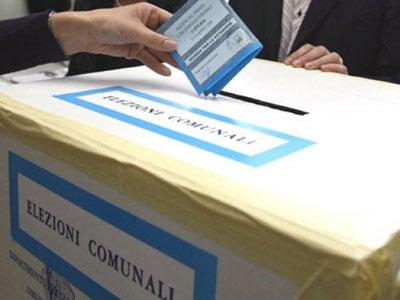words by Gabi Logan
On Sunday the 20th of May and Monday the 21st of May, votes in municipalities around Italy chose between leading mayoral candidates in the second round run-off of the administrative elections that began on the 6th and 7th of May 2012.
The Democratic Party (PD) took 14 of the 26 provincial capitals in play during this round of elections, including Genoa, Palermo, L’Aquila, Piacenza and Monza, Berlusconi’s hometown. Berlusconi’s People of Freedom (PdL) party won only four mayoral posts. PD leader Pier Luigi Bersani told ANSA, “Of the 177 towns voting with under 15,000 inhabitants, we won in 92. We won the 2012 administrative elections, no ifs and no buts”.
In Parma, where Beppe Grillo’s Cinque Stelle candidate Federico Pizzarotti took 19 per cent in the first round of elections, the anti-government candidate won against the Centre-left candidate in the run-off with more than 60 per cent of the vote. The PD also lost in the run-off in Palermo, where victory went to anti-mafia former mayor Leoluca Orlando of the new Italy of Values party.
During the first round of elections, political, cultural and religious leaders decried the low voter turnout—67.5 per cent, down from 74 per cent in the prior municipal elections. The run-off election numbers dropped even lower, with 54 per cent overall and turnout in Palermo, Sicily, dropping from 63 to 40 per cent.
According to a poll by the SWG Institute, if a general election were held today, the small right and left parties would take 33 per cent of the vote, the PD 24 per cent, Berlusconi’s PdL 18 per cent, and Grillo’s Cinque Stelle 14 per cent.













